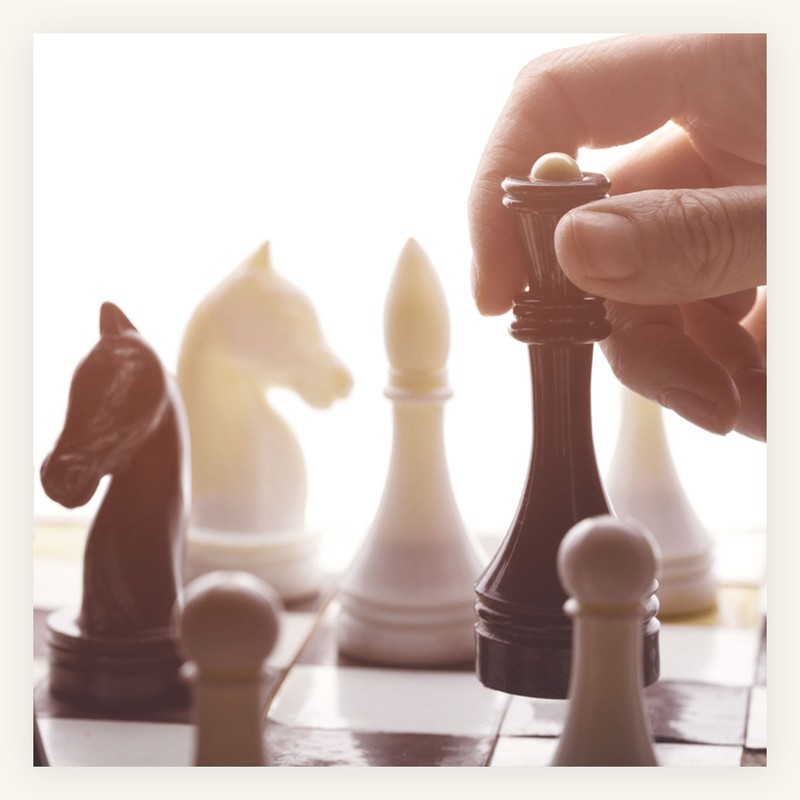
A 101 Guide To Playing Chess & Backgammon
All products on this page have been selected by our editorial team, however we may make commission on some products.
Firstly, what are the rules of chess and backgammon?
“The rules of chess are very simple and can be learnt at any age. The aim of the game is to trap your opponent's king and deliver a checkmate. Each piece moves differently, and players cannot take or move through their own pieces, instead they must navigate carefully to protect their king and promote their pawns. There are more complicated rules and tactics to know about too – Chess Coach Online is a great website for beginners.” – International chess master Anna Rudolf
“Backgammon is a game for two players, each owning an army of 15 identical pieces called men or checkers. The aim of the game is to get all your checkers off the board first. You can do this by moving checkers, according to the numbers thrown on the dice, around a board consisting of 24 landing spaces, called points. Eventually, they reach your home area, where you bear them off and the first player to do this is the winner. However, opposing checkers move in opposite directions, so a conflict occurs when players try to block and hit their opponent’s checkers. If a player has two men on a point, the opponent cannot land there, and they are blocked. A single checker on a point (known as a blot) is vulnerable as it can be hit by an opponent’s checker and sent back to the beginning.” – Peter Bennet, director of UK Backgammon Federation
Who is better suited to backgammon, and who to chess?
“If you can’t bear to lose, don’t play backgammon. No matter how good you are, you might lose 40% of your matches due to the unpredictability of the dice. Backgammon is a numbers game, governed by probability, but it’s easier to learn than chess. Both games have their challenges, and require different skills but chess requires you to memorise several strategies, such as Caro-Kahn, Sicilian, and Queen’s Gambit. Backgammon moves are quite simple – all the checkers move in the same way and must move according to the numbers on the dice, whereas a chess player may say that chess tactics are more complex because of the different way each piece can move. If you want to master tactics and strategies, choose chess, but if you don’t mind being governed on probability and luck, backgammon is the game for you.” – Peter
Which takes longer to learn?
“It takes more time for a chess player to reach a reasonable level of competency because it’s a more complex game. However, becoming a grandmaster in either game usually takes many years of study and practice.” – Peter
How long does a game usually last?
“The great thing about chess is that the length of time it takes to play a game can be adjusted easily with time controls, or the amount of time on each player’s clock. You can play a game that lasts five minutes, or a game that lasts five hours and requires you to think deeply. A game of backgammon usually lasts an hour or so, but depending of the outcome of the dice, can be over in as little as five minutes.” – Anna
Is it suitable for younger players, too?
“Chess is for people of all ages. Players can play from a very young age – if you have grandchildren, you can get them started as early as three or four years old. There are even chess platforms dedicated to kids like ChessKid.com.” – Anna
“You can usually play backgammon with children who are aged eight and above. Providing they have basic counting skills to move the checkers around the board, they will soon pick up tactics and be able so score points. Bearing off, which happens at the end of each game, is a good place to start teaching a young beginner, because they learn the object of the game and how to achieve it at the start.” – Peter
If you’re a beginner, where’s the best place to start?
“It depends on how you’re going to play. For online games, Chess.com is a great resource for learning the rules and taking part in beginner lessons. If you’re playing on a board at home, watch a few YouTube tutorials to get you started, then find someone to play with – if you can learn from a friend or family member, even better. Once you’ve learned how the pieces move, you’re good to go. My one piece of advice would be to look after your king. It's the objective of the game to give checkmate to the king and yet so many beginners only focus on their own plans and forget about the opponent's threats. Always pay attention to what your opponent is trying to do, especially when they are attacking your pieces or try to checkmate your king.” – Anna
“Use a beginner’s book or website to help you get to grips with the basics. The UK Backgammon Federation site has a whole section for newcomers. Alternatively, if you know someone who already plays, they can teach you the basics in half an hour. When it’s safe to do so again, you can also find your nearest backgammon club for free lessons. Here is a list of clubs in the UK. Some clubs are also currently offering online sessions for new members over Skype or Zoom, so it’s worth checking out what your local group is up to.” – Peter
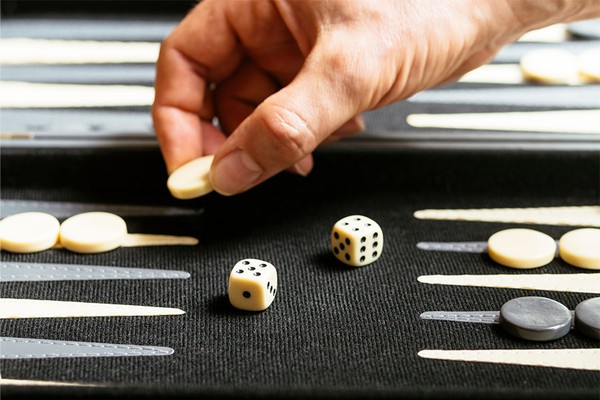
Realistically, how long does it take to get good?
“If you’re serious, you can give anyone a good game of backgammon within a few weeks. It takes years to become an expert, but it can be achieved more quickly in the computer age because you can practise and learn using a program, also known as a ‘bot’ – eXtremeGammon is the current version.” – Peter
“Most people pick up chess quickly, but it’s a harder game to master. From my coaching experience, if you’re committed, you can learn a lot in a month. However, if you’re considering playing competitively, it could take several years before you’re ready to compete. While online games are great, you can’t beat having a game over a real board with an experienced player. You can learn a lot with a bot, but it won’t explain why a particular strategy is needed.” – Anna
Are there any special tactics worth knowing about?
“If you’re playing an advanced game, or want to teach someone else new skills, get to grips with checkmate patterns. In chess, moves known as ‘pins’, ‘forks’ and ‘longer moves’ will help you win the game. When tackling a new strategy, start with the opening principles and learn how to coordinate your pieces from start to finish. Regency Chess has several tutorials where you can learn about advanced tactics.” – Anna
“Once you’re familiar with the basic backgammon rules, you can start to learn different game plans. ‘Running’, ‘priming’, ‘holding’ and ‘blitzing’ will throw your opponent off, so get to grips with them if you want an advanced game. You can also count ‘pips’ (a measure of your standing in the race) and learn about the laws of probability to further your game, too. Backgammon Galore explains a range of tactics and alternative ways to play.” – Peter
Is it worth taking lessons from a tutor or a professional?
“There's an enormous amount of free online resources for chess, so only hire a tutor if you’re really serious about learning from a professional. In my experience, YouTube can be just as good.” – Anna
“With backgammon, it’s probably not worth paying for lessons until you become reasonably competent after practising with others and studying the rules. If you’re finding it hard to progress and want to take things up a notch, you can seek tuition from an expert, or a grandmaster.” – Peter
Where can you play online?
“Chess.com is the biggest chess platform with hundreds of thousands of members playing daily. It’s free and you can always play a game against an opponent of a similar level to you. With various tournaments every day, it’s a great place to watch, learn, and play.” – Anna
“There are two excellent platforms to know about – Backgammon Studio Heroes and Backgammon Galaxy. With both, players can analyse their tactics, play offline and watch other games taking place.” – Peter
Ready to start? Anna and Peter share their top five tips…
Chess
-
Learn how the pieces move and pay particular attention to the knight and pawn.
-
Understand how checks and checkmates work: it's the objective of the game to hunt down the opponent's king and you will want to get there first.
-
Pay attention to the opponent's threat. It's a game of two so don't forget that you need to be aware if your opponent is attacking you or threatens checkmate. Look after your pieces, especially the king.
-
Don't bring out your queen too early – it's too valuable and it will be chased or captured.
-
Practice makes mastery so play as much as you can to up your game.
Backgammon
-
Play every day.
-
Play a wide variety of players – each player has their own style of play and can really affect the outcome of your games. The more types of player you encounter, the better you’ll become.
-
Always have a game plan, but be prepared to modify or abandon that plan according to the dice.
-
After rolling the dice, and particularly when you think that you have seen the obvious play, look for at least two other possible moves and compare them with the move you first thought of. Sometimes, you’ll realise that the obvious move is not so obvious after all, and that there is a much better play available.
-
When it’s allowed, join a club. Backgammon is a very social game and you will meet lots of interesting people, plus ask other players for their tips and tricks, too.
Shop our edit below…


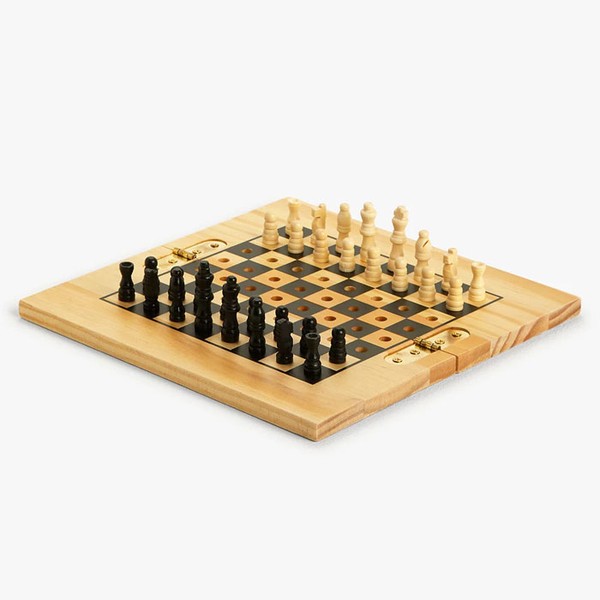
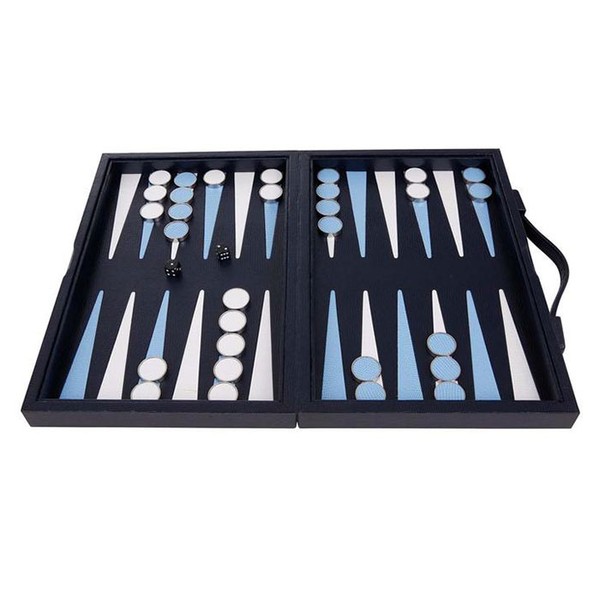

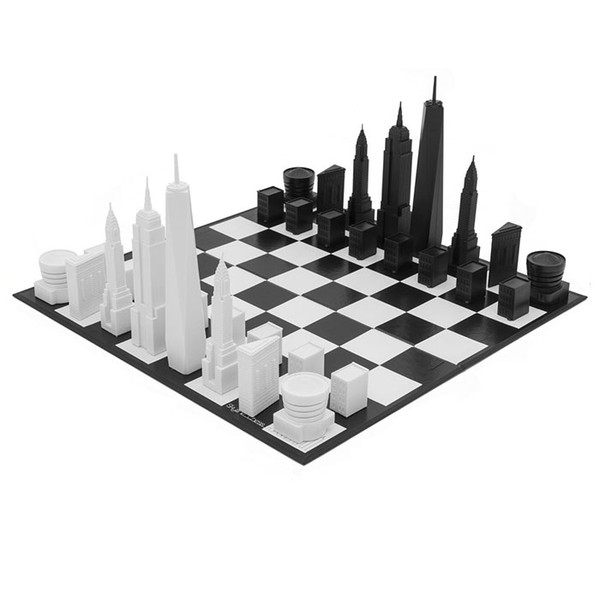

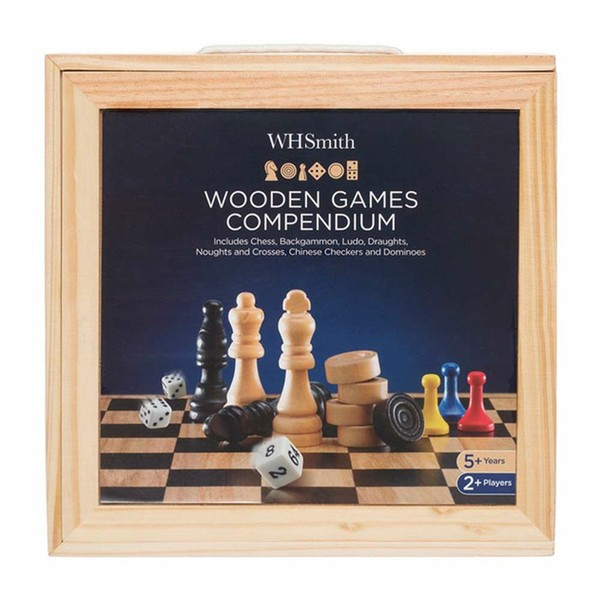
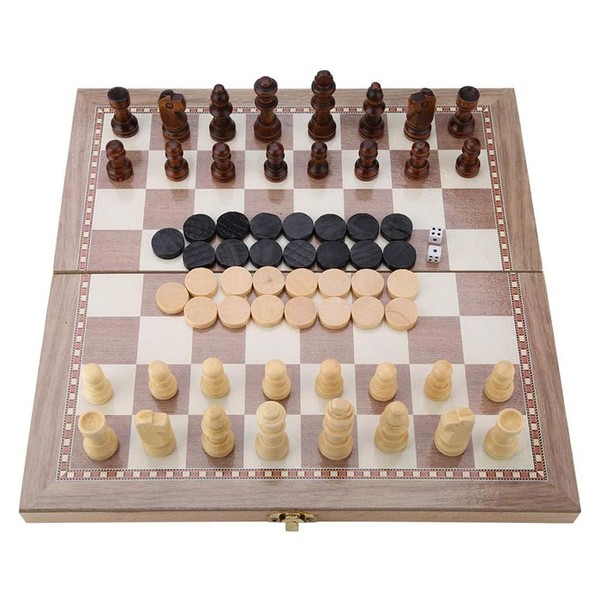
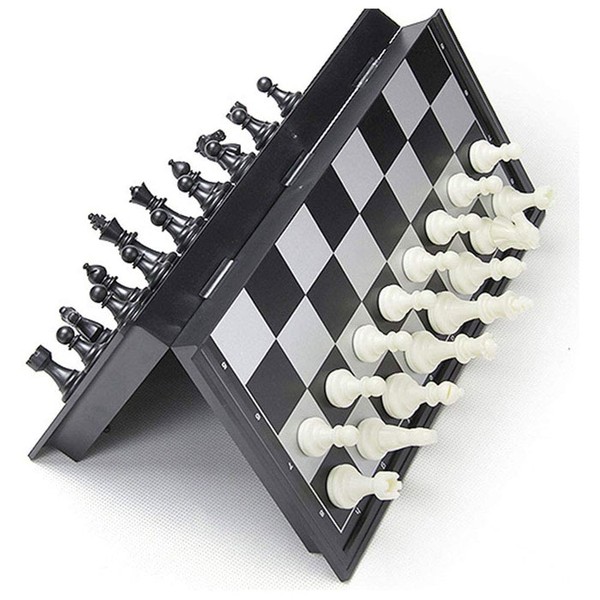
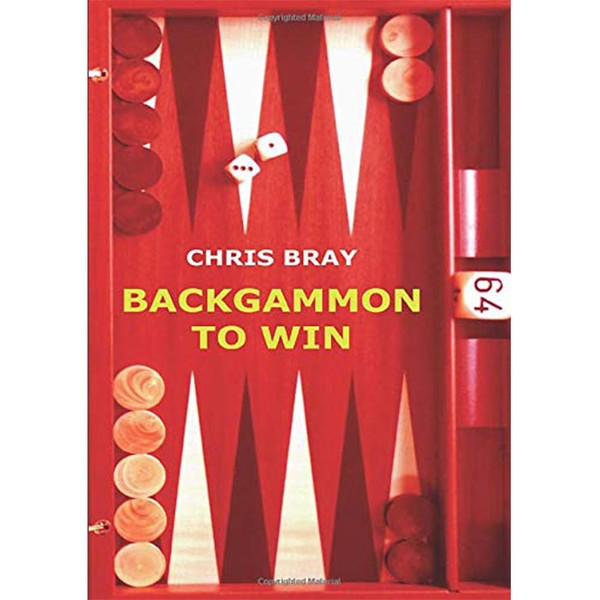
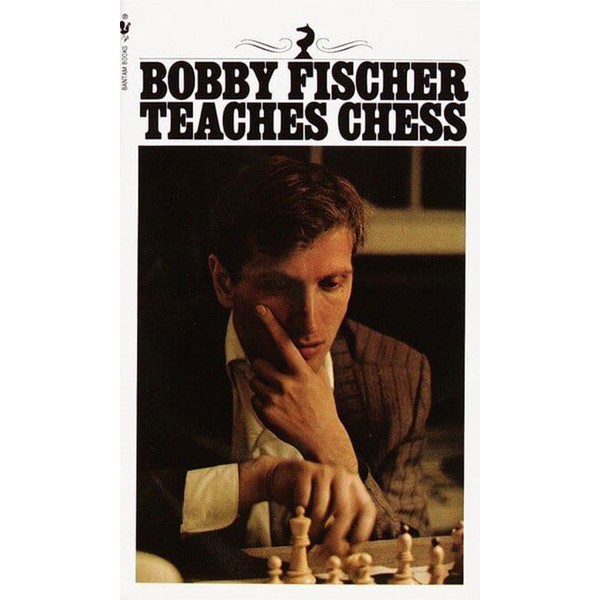
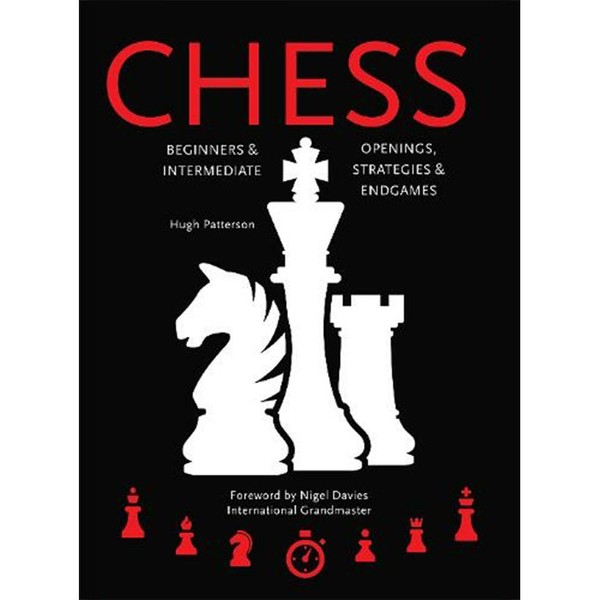
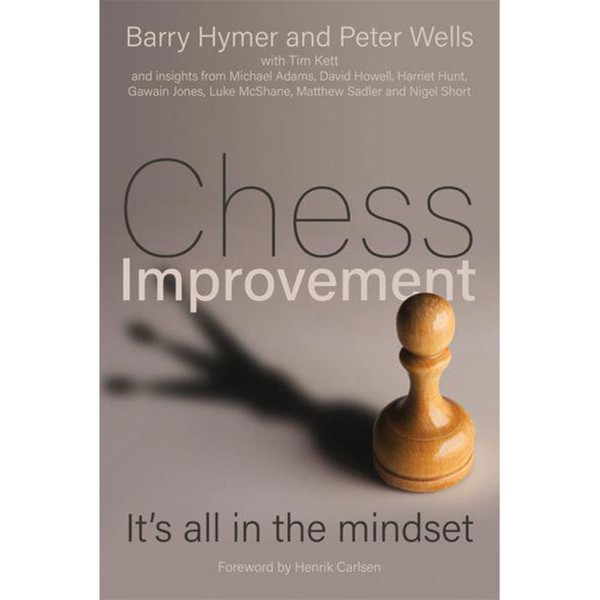
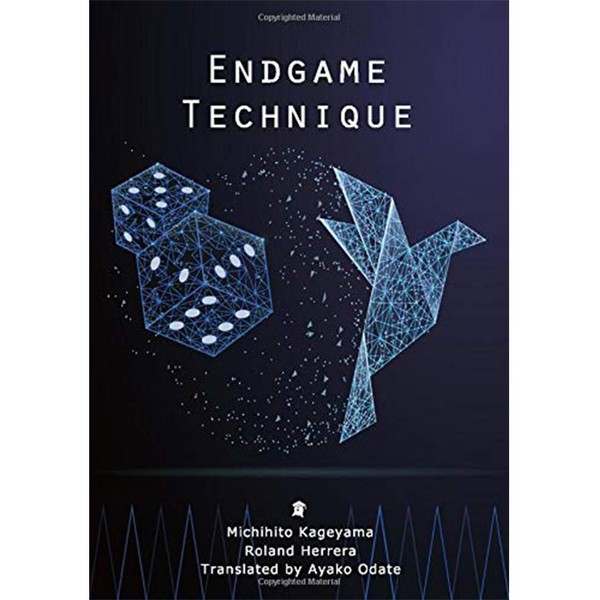
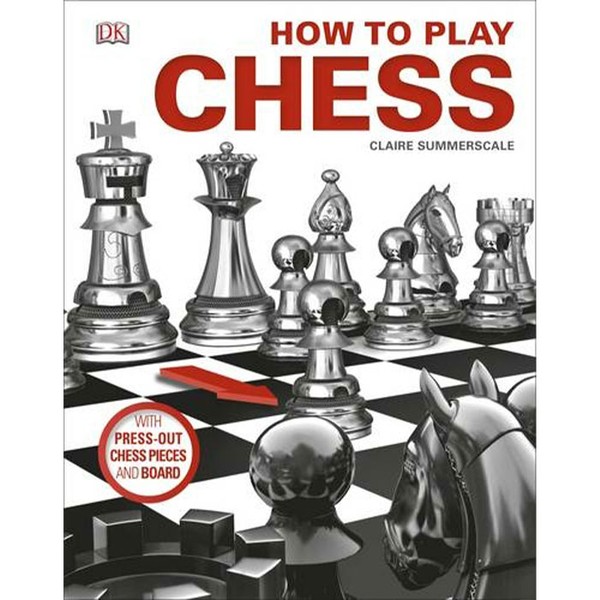
DISCLAIMER: We endeavour to always credit the correct original source of every image we use. If you think a credit may be incorrect, please contact us at info@sheerluxe.com.

